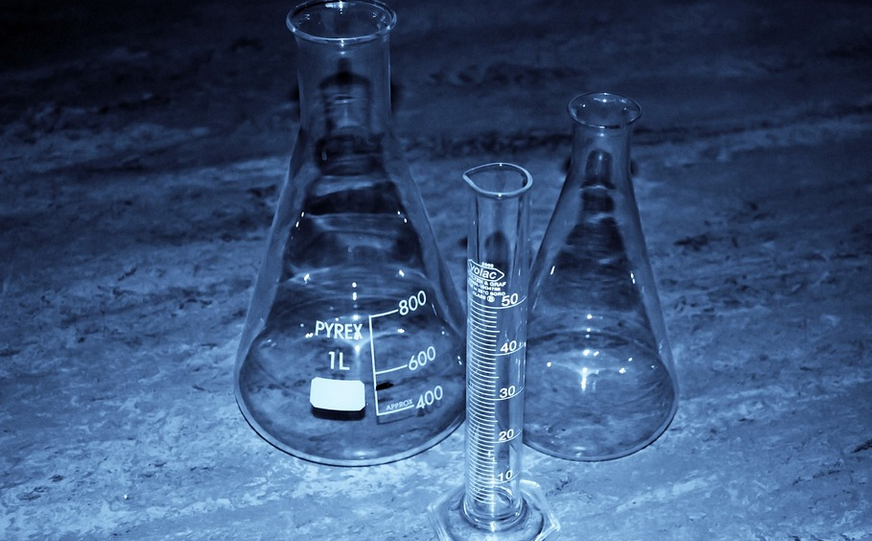The Basics of Methylene Chloride
Methylene chloride, also known as dichloromethane, is a colorless liquid with a sweet odor. It is commonly used as a solvent in various industrial processes, including paint stripping, metal cleaning, and degreasing. However, exposure to this chemical can have harmful effects on human health.
Health Effects of Methylene Chloride Exposure
Exposure to methylene chloride can cause a range of health effects, depending on the level and duration of exposure. Short-term exposure can lead to symptoms such as headaches, dizziness, and nausea, while long-term exposure can cause more serious health problems such as liver and lung damage, cancer, and even death.
How Methylene Chloride Affects the Body
When methylene chloride is inhaled, it enters the bloodstream and can affect various organs and systems in the body. It is metabolized in the liver, which can cause damage and lead to liver failure over time. It can also cause damage to the lungs, leading to respiratory problems such as bronchitis and emphysema.
Who is at Risk?
Individuals who work in industries that use methylene chloride as a solvent are at the highest risk of exposure. This includes workers in the automotive, aerospace, and metalworking industries. However, the general population can also be exposed to methylene chloride through contaminated air or water.
How to Reduce the Risk of Exposure
Employers who use methylene chloride in their processes should take steps to minimize exposure by providing protective equipment, ensuring proper ventilation, and using alternative, less harmful solvents when possible. Individuals can also reduce their risk of exposure by avoiding products that contain methylene chloride, such as paint strippers and degreasers.
The Future of Methylene Chloride Use
In recent years, there has been increasing concern about the health effects of methylene chloride, leading to stricter regulations and bans on its use in certain industries. In the future, it is likely that the use of this chemical will continue to be phased out in favor of safer alternatives.
Conclusion
In conclusion, methylene chloride is a harmful chemical that can have serious health effects on those who are exposed to it. It is important for both employers and individuals to take steps to minimize exposure and avoid products that contain this chemical. As regulations and bans on its use continue to increase, it is hoped that the use of methylene chloride will eventually be eliminated altogether.

